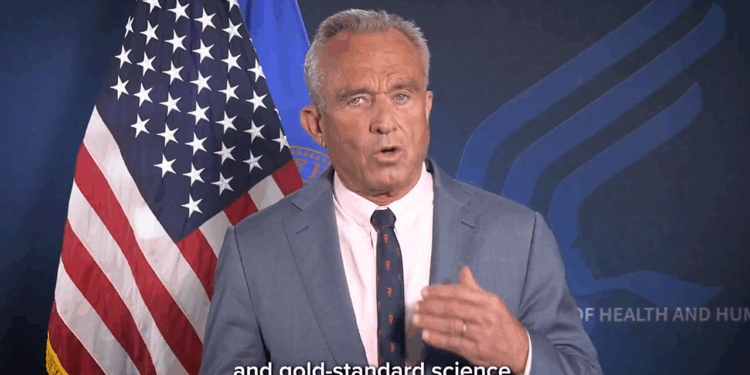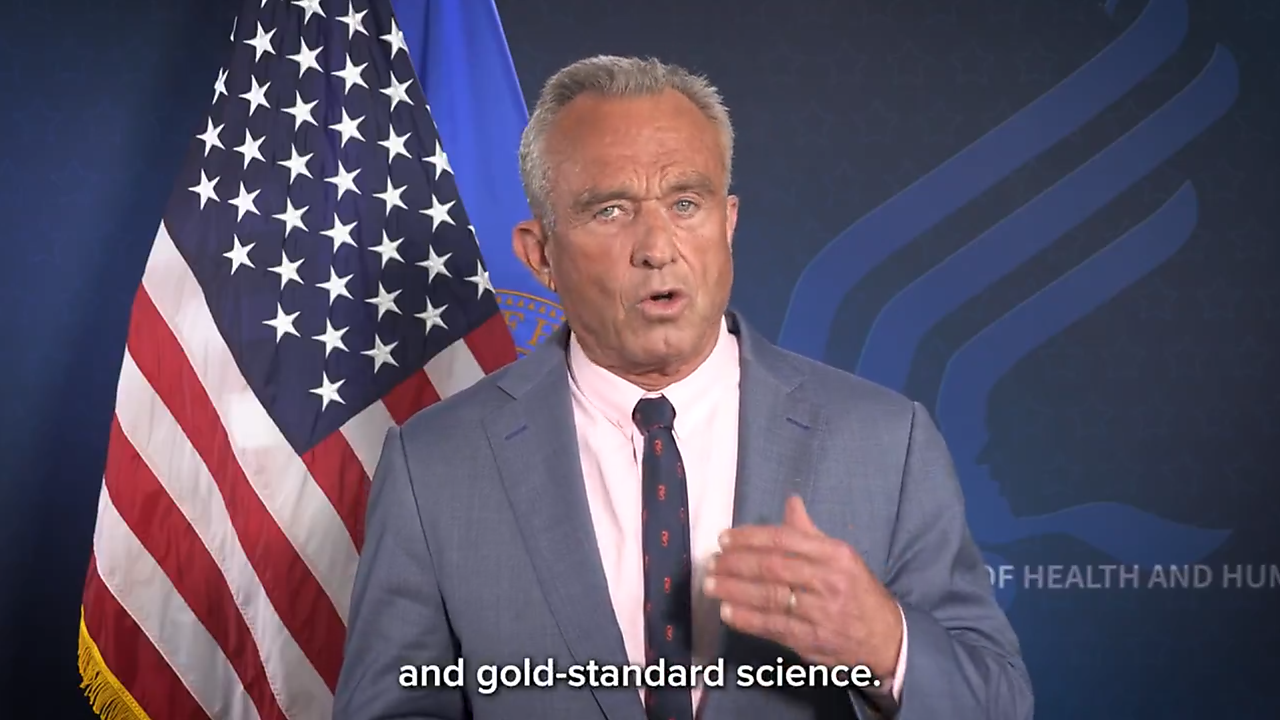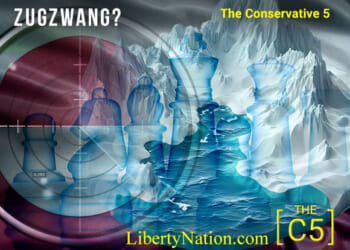During a White House cabinet meeting on October 9, Health and Human Services Secretary Robert F. Kennedy, Jr., claimed there may be a link between the circumcision of male babies and young children and autism, stating circumcised boys were twice as likely as uncircumcised boys to be diagnosed with autism. He cited two studies, saying the link “is highly likely because they were given Tylenol.”
Secretary Kennedy didn’t specify which studies he was referencing, but one is probably a Danish study by Frisch et al. of a group of boys born between 1994 and 2003. That study found that among that group, boys who were circumcised were 46 percent more likely to be diagnosed with autism spectrum disorder by age 10. However, being 46 percent more likely is not the same as being twice as likely. Maybe he was singling out the study’s finding that boys under age five were twice as likely to receive an autism diagnosis.
However, the authors of that study had no data on whether any of the circumcised boys received acetaminophen (Tylenol) for pain. They also mentioned their study had several other significant limitations.
Another study he may have been referring to is a 2013 study that compared autism rates and acetaminophen use across countries, using circumcision rates as a stand-in for exposure to acetaminophen. But in that study, the authors stated explicitly, “these data cannot provide strong evidence of causality.” And they could not be certain if boys who were circumcised received acetaminophen. They described their study in this way:
In this hypothesis generating exploratory analysis, several lines of evidence support the plausibility of a relationship between prenatal and early life exposure to paracetamol and autism spectrum disorder… a correlation was identified for the first time between neonatal circumcision with a probable paracetamol exposure and autism spectrum disorder. (emphasis added)
If those aren’t the studies to which he was referring, I’m not sure where Secretary Kennedy got the idea.
In Israel—where ritual circumcision is nearly universal—the prevalence of autism spectrum disorder is about 1 in 88, according to the Israeli Ministry of Health. In the United States, where circumcision is far less common, the rate is 1 in 36, according to the CDC.
Kennedy also assumes that all those boys were given acetaminophen after circumcision. When Kennedy mentioned the two studies linking circumcision to autism, he suggested the link is “likely because the babies were given Tylenol.” Likely?
There’s no evidence for that. In most Jewish ritual circumcisions, for example, a few drops of wine are placed on the baby’s lips—not acetaminophen.
That’s hardly “gold-standard” scientific reasoning. And what exactly is his claim? Is it that circumcision causes autism, or that acetaminophen does? Either way, it’s incoherent speculation.
When public health officials use their platforms to promote pet theories instead of proven science, it’s not just sloppy—it’s dangerous. These pronouncements shape research priorities, regulatory decisions, and the information the public is allowed to hear. When science gets filtered through political agendas and personal crusades, public health becomes a tool of control rather than a source of trust. HHS officials wield enormous influence over Americans’ medical choices; that power demands humility and restraint—not speculation masquerading as science.


















